During our time in Ecuador with World Class we were given the opportunity to spend a weekend in the Sinangue Community, which lies on the banks of the Cofanes River.
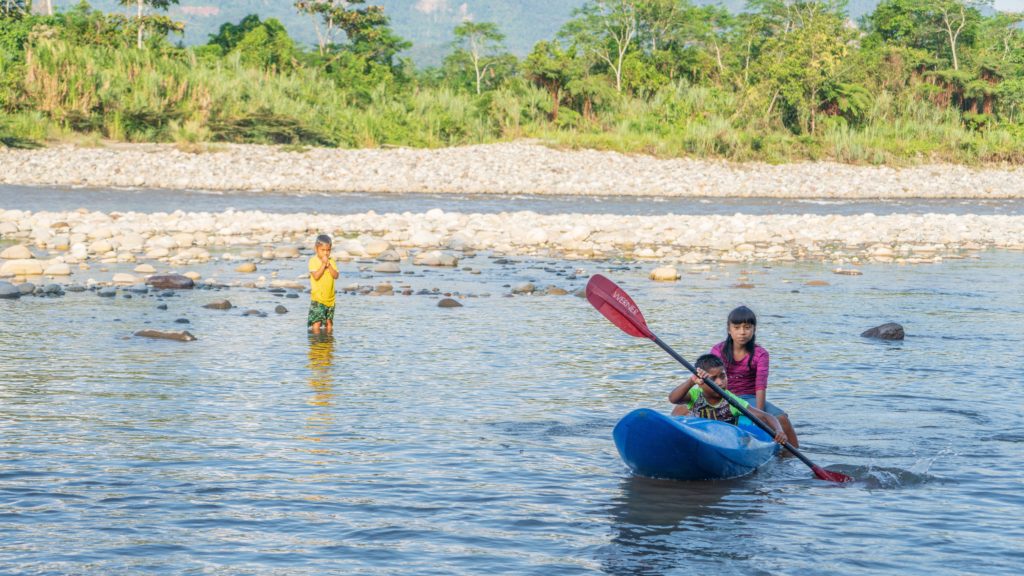
The Sinangue-Cofanes Community is a long-standing group of people who inhabit large portions of land along the Aguitas River Basin. They originally spoke the Cofane language and learned Spanish later, which made communication somewhat difficult at times. The community relies heavily on the river for their food, transportation, water, and farming.
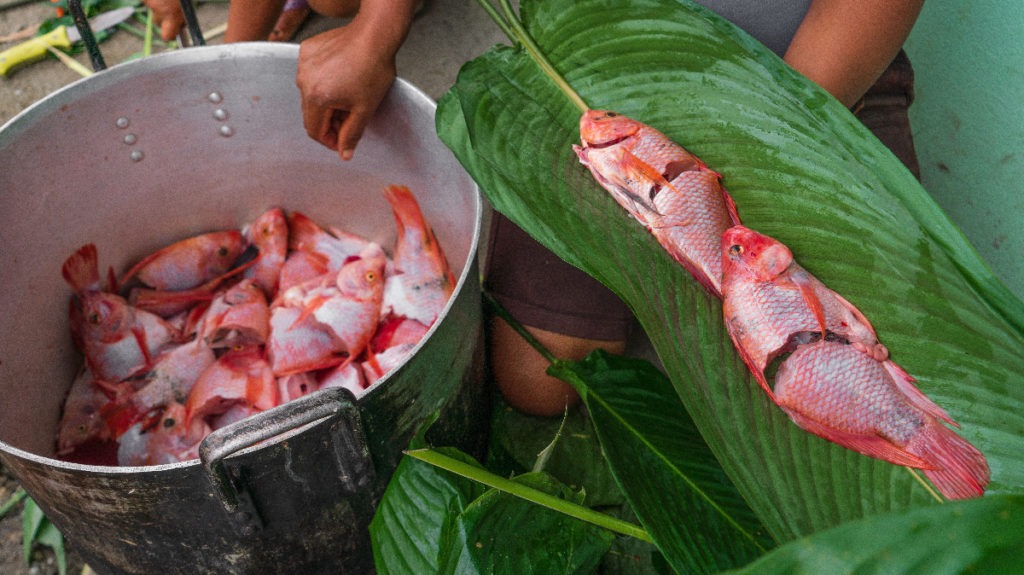
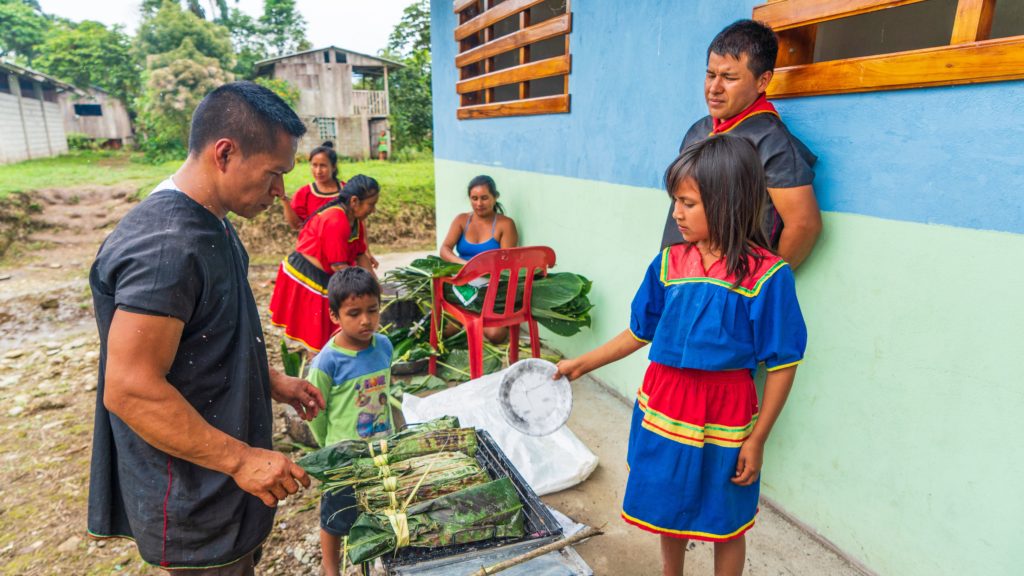
Recently the Sinangue-Cofanes Community protested against the mining projects that were polluting the Cofanes River. Some of the miners had the proper permits to work however, many did not. They marched through Quito and to the Ministry on Mining in Ecuador peacefully raising their voices about their cause. Almost fifty percent of the total Sinangue Community attended the protests to show support for their river. After an uphill battle, they won and removed over fifty-two mining concessions up and down their river basin. The Sinangue-Cofanes people were given the rights to protect their land; they became the guards of their community, going up and down the river patrolling for illegal mining projects with a new authority to stop and fine any illegal activity. This is a huge step in the right direction for all of Ecuador.
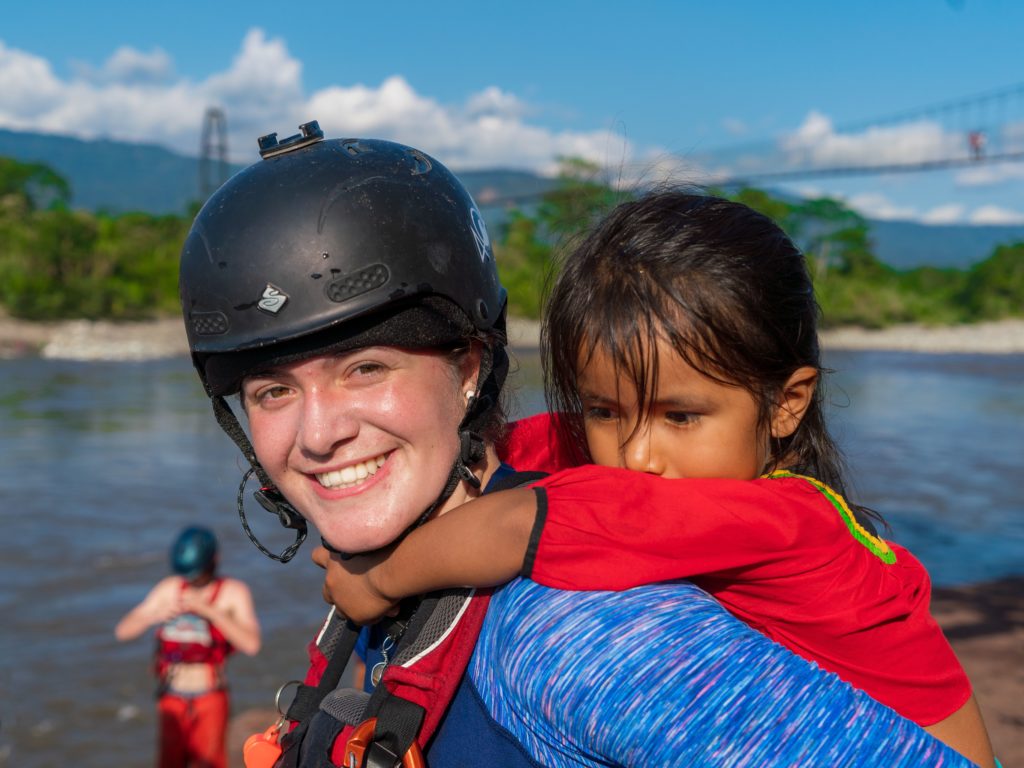
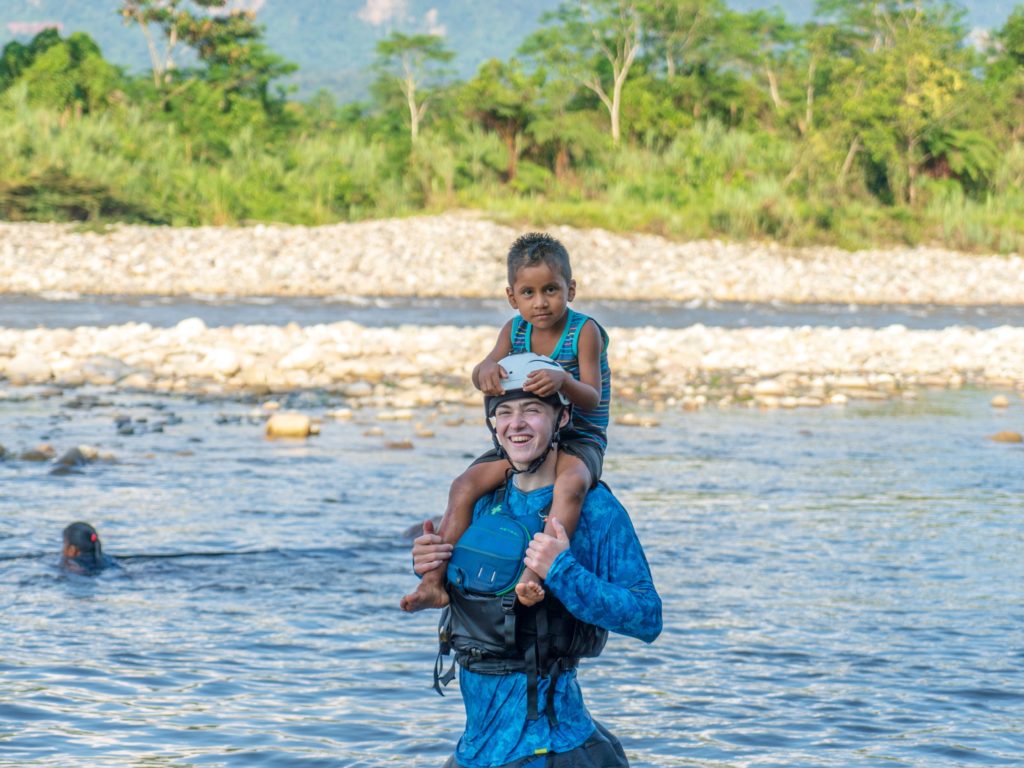
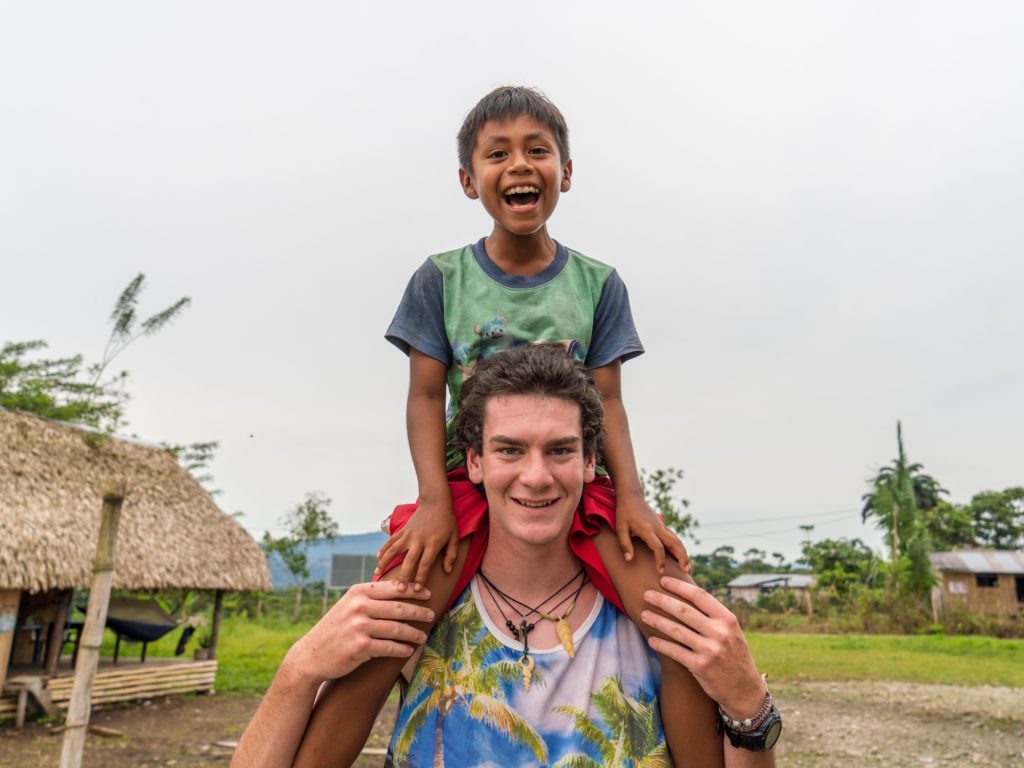
Despite Ecuador being one of a few countries to recognize the rights of nature by law, mining projects have become increasingly popular in the past few years. It is hard to go a day on a river without witnessing some sort of mining concession. The unique and beautiful rivers of Ecuador are under threat of dams and mining projects. Kayaking helps show support to keep these rivers clean and free flowing. We were all grateful to the community for helping save a beautiful and epic river.
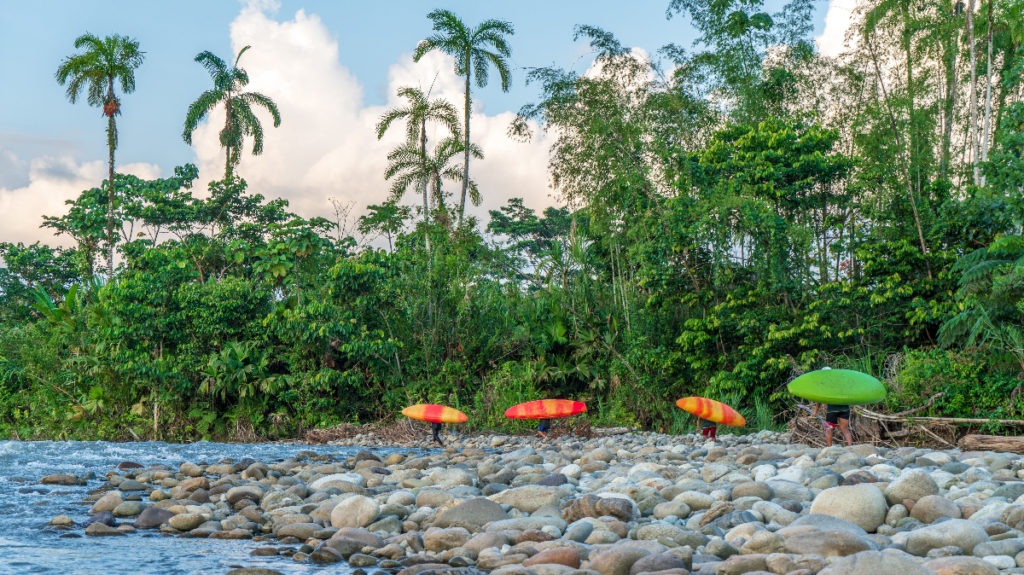
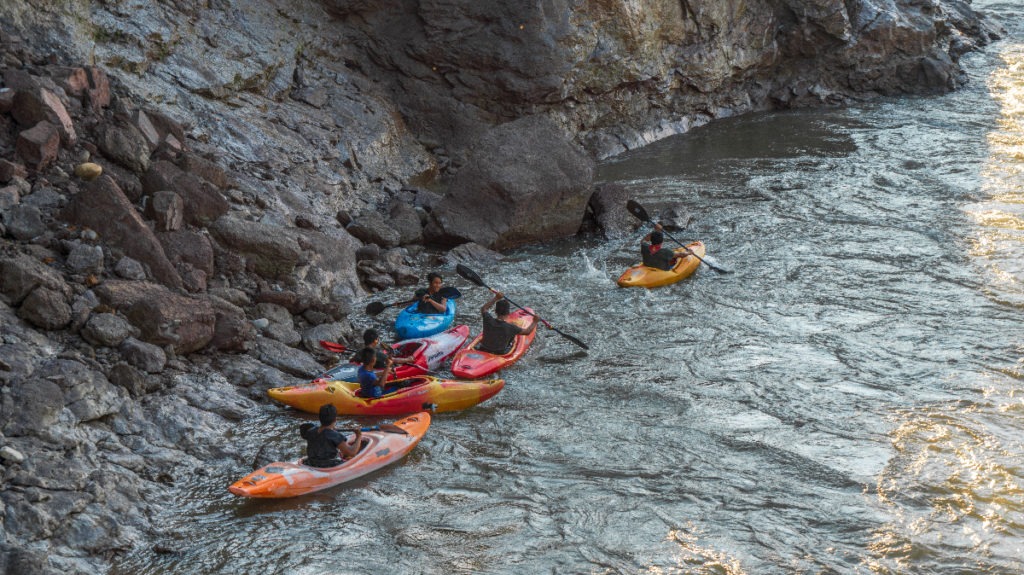
When we arrived at the Sinangue-Cofanes Community, we crossed over the Cofanes River and into a world with no running water and minimal power. Our goal while we were there was to show them the ropes of kayaking and how much fun is possible in and on the river. This was possibly the easiest task I have ever completed; the natural talent of the people who chose to hop in our boats was striking. They had smiles twice as wide as anyone I had ever seen in a kayak before. Standing on the bank, I was talking to our head coach Kalob Grady and he told me that if we could clearly communicate with them, we could teach rolls in under twenty minutes! I did not doubt him for a second. I remember handing over my boat and paddle to a ten-year-old girl named Fatima. Originally she held her paddle upside down, still smiling widely, and paddled in circles. When I came back to see how it was going she was paddling aggressively, using edges and most of all, holding her paddle correctly. I was so impressed; I have met adults that could not figure out that mystery on their own!
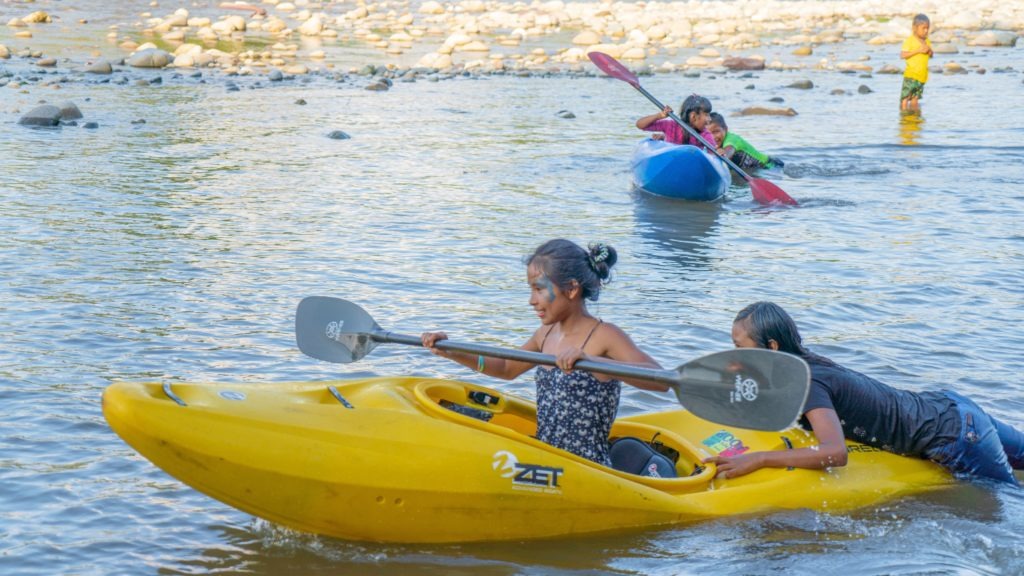
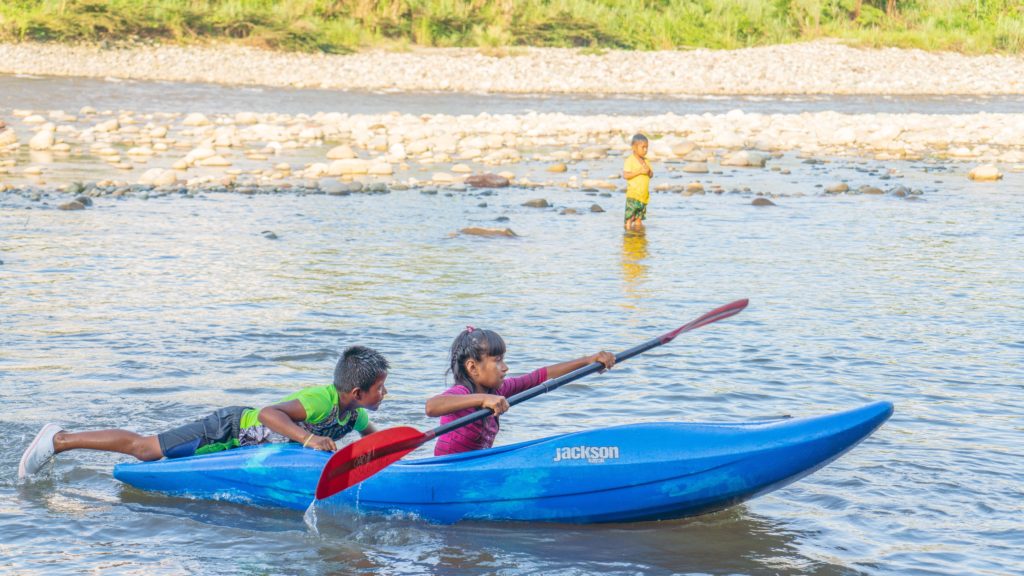
We spent time getting to know the community, eating with them, playing soccer, and frolicking around. For many of us, we cleaned our first fish, Tilapia style. Others joined in to a game of soccer that had no end. We may not have been able to speak their language, but we all knew the score and how to call for the ball. This experience taught us many things, from deepening our understanding that we need to help save the Ecuadorian rivers to how to say hello in Cofan. Most of all, we all came away from that weekend with great experiences, hard laughs, and a mutual appreciation for the river.
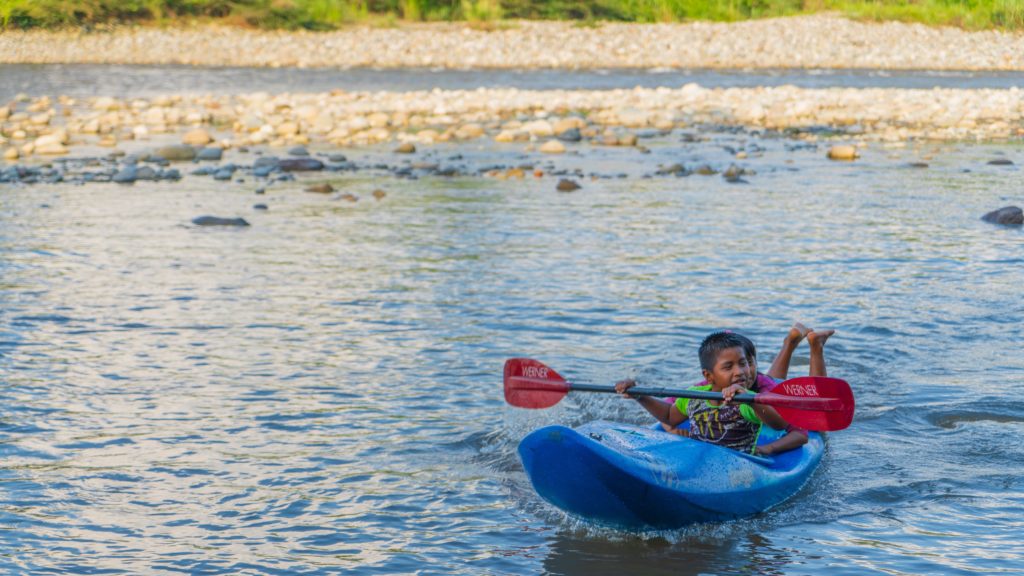
Words by: Rachel Buys
Images by: Kalob Grady